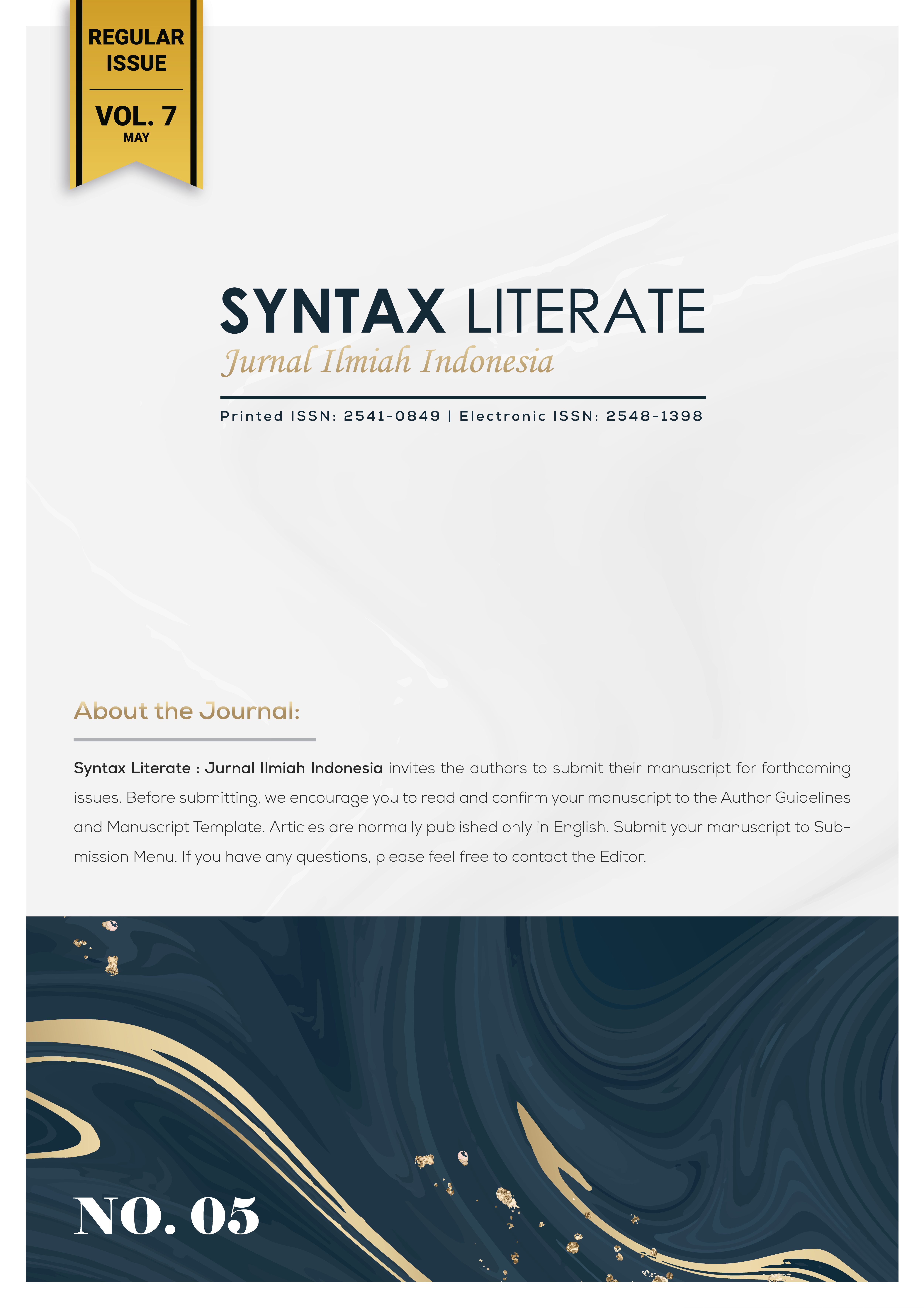Determinants Analysis of Post-Delivery Contraception Usage In Previous Caesarean Section Patients at Dr M Djamil Padang Hospital
Abstract
Family Planning Program is a current primary strategy and key program to reduce maternal mortality. Acceleration to decline in maternal mortality rate can be done by ensuring that every mother can access good quality maternal health services, one of which is family planning services, especially postpartum contraception. The correlation between birth control and the maternal mortality rate was shown in the analysis result between the proportion of maternal deaths aged 15-49 years and the prevalence of birth control in 172 countries, which concludes that the higher the prevalence of birth control in a country, the lower the maternal mortality rate in a country. This study aims to analyse the determinant factor of postpartum contraceptive use in patients with previous caesarean sections in RSUP Dr M. Djamil Padang. This is an analytical study to explain the correlation between variables and test the hypothesis using a cross-sectional design. This study was conducted from March 2020 – to May 2021. This study used a purposive sampling method, and 92 data samples were collected in RSUP Dr M. Djamil Padang. The dependent variable was postpartum contraceptive use in patients with previous caesarean sections in RSUP Dr M. Djamil Padang. The independent variables were maternal age, education level, parity, knowledge, and attitude. There was no significant correlation between maternal age and education level with contraceptive use (p-value>0,05). Contraceptive use in mothers with high-risk parity was 3,114 times higher than non-high-risk parity. Postpartum contraceptive use in a patient with a previous cesarean section was 3,421 times higher in patients with higher knowledge scores than a lower score. Postpartum contraceptive use in patients with previous cesarean section was 2,804 times with higher attitude scores than lower scores.There was no correlation between maternal age and education level with contraceptive use in patients with previous caesarean sections. A correlation was found between parity, mother's knowledge, and attitude with contraceptive use in patients with previous caesarean sections. Knowledge became a dominant factor in contraceptive use in patients with previous caesarean sections.
Downloads
Copyright (c) 2022 Ichsan Arif, Syahredi Syahredi, Hardisman Hardisman

This work is licensed under a Creative Commons Attribution-ShareAlike 4.0 International License.











